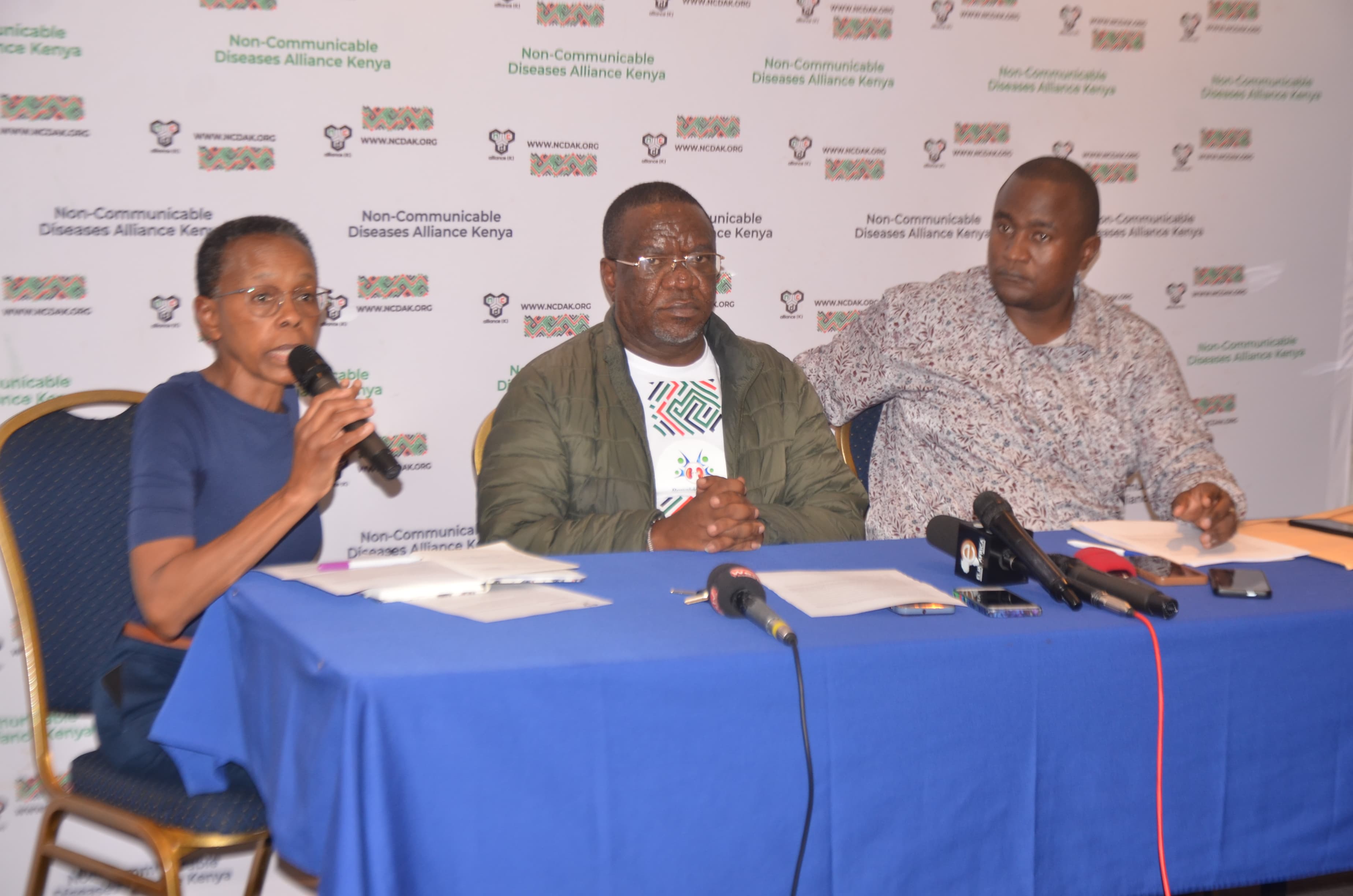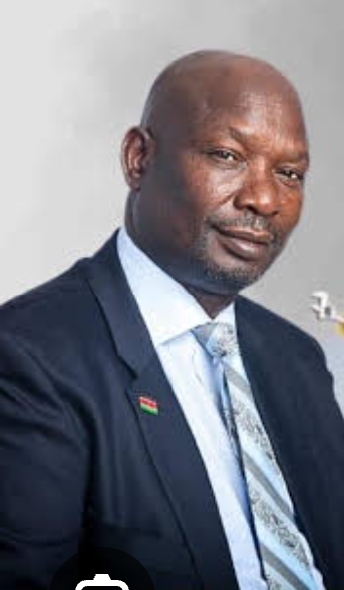Engineers’ Body Calls for Transparency in Kenya Power’s Sector Initiatives

By Shadrack Nyakoe
The Institution of Engineers of Kenya (IEK) has issued a statement on recent initiatives in Kenya’s power sector, urging the government to prioritize transparency, accountability, and fair competition as it seeks to transform the country’s energy landscape.
The IEK applauded the government’s recent disclosures on various energy projects, including a signed agreement with Adani Energy Solutions Limited, and noted that these align with the Energy Act and Public-Private Partnership (PPP) Act. However, IEK questioned how local content requirements will be met, as the PPP Act exempts such projects from the Public Procurement and Asset Disposal Act. IEK urged the government to clarify this framework, given the importance of local participation in large-scale infrastructure projects.
IEK moreover highlighted financial concerns, particularly around the Annual Revenue Requirement (ARR) intended to keep power costs affordable. The organization called for greater transparency in how tariffs will be set, suggesting that these should reflect fair value for money, especially as new power lines are installed.
“We need to ensure that Kenyans are getting the best value in terms of infrastructure costs,” IEK President Shammah Kiteme stated in a statement.
The organization noted the planned Green Energy Park in Naivasha, which promises to provide affordable, clean energy to industries by omitting transmission costs. This initiative, led by Kenya Electricity Generating Company (KenGen), is expected to make Kenya’s manufacturing sector more competitive by lowering electricity costs, a key component in production.
Additionally, IEK pointed to Kenya’s strides in nuclear energy, with the Nuclear Power and Energy Agency (NuPEA) aiming to establish the country’s first nuclear power plant by 2034. This plant is expected to supply reliable power for Kenya’s growing economy and create over 1,000 jobs for engineers and other skilled professionals.
In terms of grid management, IEK stressed the need for an independent system operator (ISO) as mandated by the Energy Act 2019. Under the current structure, the Kenya Power and Lighting Company (KPLC) oversees both transmission and distribution, raising concerns about potential conflicts of interest. An independent operator would ensure fair access to the grid for all energy providers and unbiased dispatching. The organization proposed that instead of establishing a new control center, KPLC’s existing center could be restructured to function independently, a move that could reduce redundancy and costs.
Frequent national blackouts, IEK noted, often result from dispatch challenges, underlining the urgency of an independent operator. The organization urged the Ministry of Energy to outline a clear vision for grid independence, highlighting that delayed plans to transfer KPLC’s transmission assets to Kenya Electricity Transmission Company (KETRACO) should be addressed by 2025.
IEK’s recommendations also include a call for greater public engagement, involving all stakeholders in discussions around power sector reforms. By doing so, the government could ensure that the interests of both producers and consumers are considered in policy and project development.
As Kenya’s power sector undergoes a significant transformation, IEK pledged its support for initiatives that will ensure affordable, reliable, and transparent access to electricity for all Kenyans. The organization emphasized that reforms to modernize the sector will be crucial as Kenya pursues economic growth and industrialization.





